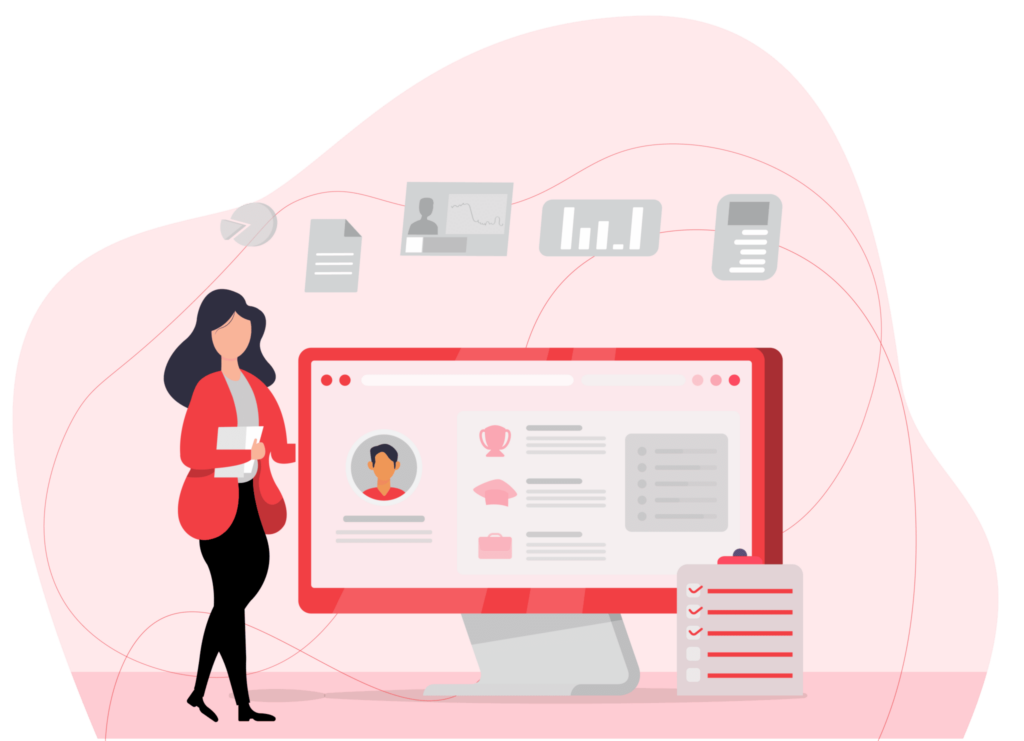Frequently asked questions (FAQs) for Cognitive Flexibility
A Cognitive Flexibility assessment is a tool used to measure an individual’s ability to adapt thinking and behavior in response to new situations, ideas, and challenges. It evaluates various sub-skills such as adaptability, problem-solving, decision-making, creativity, mental flexibility, and learning agility. The assessment typically consists of scenarios or questions that require candidates to demonstrate their cognitive flexibility by providing innovative solutions, considering multiple perspectives, and adjusting their thinking to changing circumstances.
The Cognitive Flexibility assessment can be used in the hiring process to identify candidates who possess the cognitive abilities necessary to thrive in dynamic work environments. It helps employers evaluate a candidate’s adaptability, critical thinking, problem-solving skills, and ability to learn and grow. The assessment can be administered alongside other selection methods, such as interviews and reference checks, to gain a comprehensive understanding of a candidate’s cognitive flexibility and suitability for roles that require agility, creativity, and the capacity to navigate complex challenges.
- Project Manager
- Business Analyst
- Management Consultant
- Research Analyst
- Strategy Analyst
- Marketing Manager
- Human Resources Manager
- IT Manager
- Data Scientist
- Financial Analyst
- Adaptability
- Problem Solving
- Decision Making
- Creativity
- Mental Flexibility
- Learning Agility
A Cognitive Flexibility assessment is crucial in the hiring process because it allows employers to select candidates who can effectively adapt their thinking and behaviors to changing circumstances. In today’s fast-paced and rapidly evolving business environments, cognitive flexibility is highly valued. It enables individuals to think creatively, solve problems, make sound decisions, and embrace change. By assessing cognitive flexibility, employers can identify candidates who possess the mental agility to navigate uncertainties, bring innovative solutions, and contribute to the organization’s success. Additionally, a high level of cognitive flexibility supports an individual’s capacity for continuous learning and growth, which is vital in today’s knowledge-driven economy.



